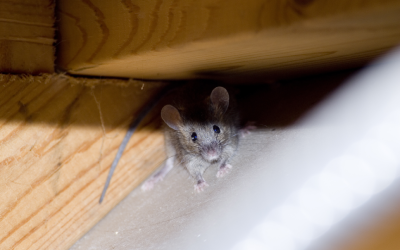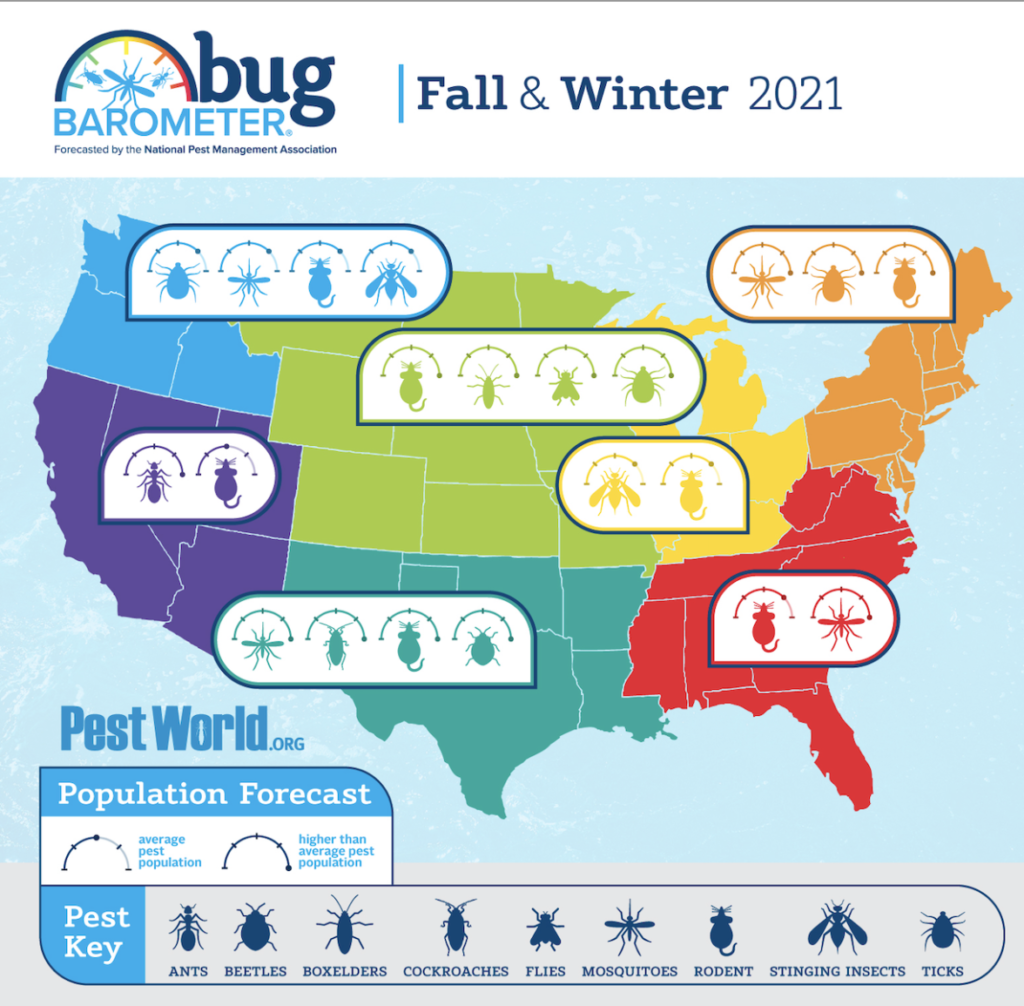How do you identify a rat infestation in and around Knoxville TN? It isn’t too hard if you know what signs to look out for. If you’ve found small droppings in the back of the cabinets or larger ones in the corners of your attic, these are both signs of rodents on your property. The same applies if you hear scratching or chittering in your walls or find chew marks on your stored belongings. If you have a mouse or rat infestation in your home, you can count on Russell’s Pest Control for a comprehensive extermination for your household. However, if the rodents get inside your insulation there’s a chance that they can cause damage we are not able to handle.
What attracts rats and mice to insulation, and what can you do to keep the two from meeting? Can Russell’s Pest Control help? Find out more below!
Do Rodents Like Insulation?
Why do rodents leave the Great outdoors in favor of your household? They do so by looking for a source of food and shelter. Ideally, this is in a place that is comfortable while also being relatively undisturbed, giving them the opportunity to nest, feed and reproduce in peace. Your wall voids and the space in your attic make great homes – and the insulation there is an added bonus.
Fiberglass batting is the most common choice of insulation for homes around Knoxville. Unfortunately, it’s also the variety most appealing to rat and mouse infestations. The material is soft and warm, and it’s very easy for rodents to tunnel through it while they go from place to place. They’ll even tear off pieces of fiberglass to either eat or use in their nest.
Once rodents use your insulation to nest, there’s little hope of repair. The material is not only structurally damaged, thanks to the presence of rat or mouse droppings it’s now potentially toxic. To avoid spreading Hantavirus into the air, it’s best to leave replacing your insulation to a professional.
Protecting Your Insulation from Rodents
Bad news: there is no variety of insulation that’s completely rodent-proof. We offer TAP® Insulation, which is chemically treated to kill and deter many varieties of pests. However, it’s only meant to treat insects as large as cockroaches or slugs, so even a smaller mouse would likely not be affected. No, when it comes to protecting your insulation from rats and mice, the best thing you can do is make sure they don’t get in to begin with.
It’s called wildlife exclusion, and at Russell’s Pest Control it is only one aspect of our comprehensive rodent treatment program. There’s a chance that, as you read this, there are gaps, cracks and openings rodents could use to get inside your home. With our help, we can cover and fill these potential entry points. This will not only protect you from rodents but many other forms of pests as well.
Your insulation works hard to keep you comfortable throughout the year. Returning the favor is easy with the help of Russell’s Pest Control. Contact us today to get started!
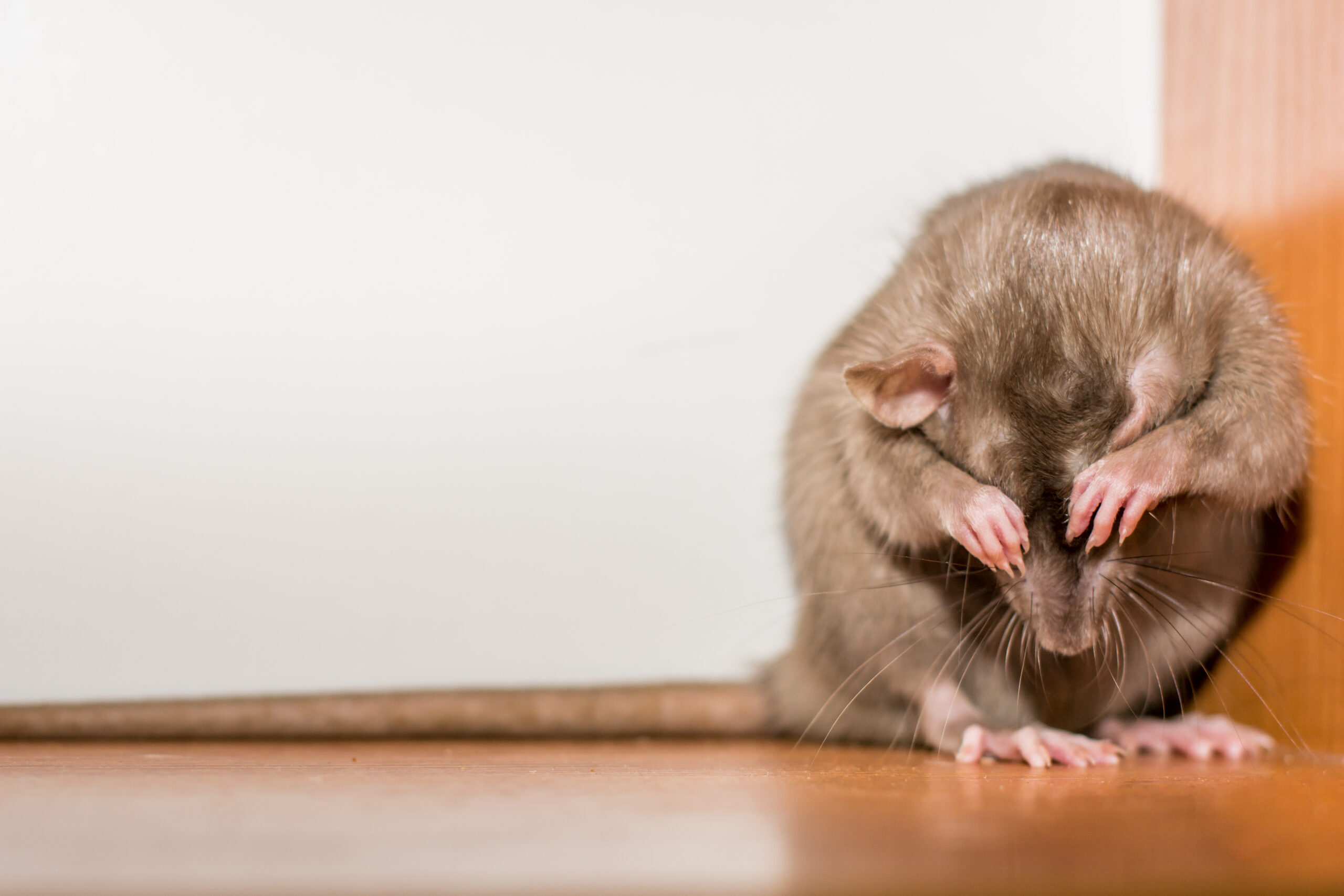
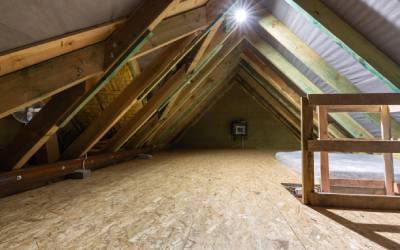
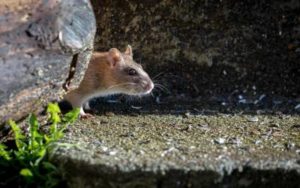 Here in Knoxville TN, we’ve helped clear
Here in Knoxville TN, we’ve helped clear 